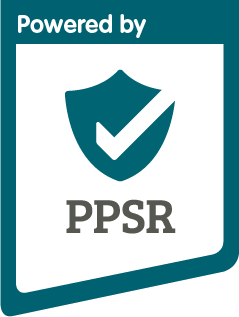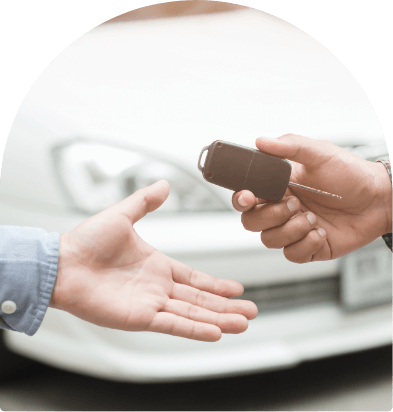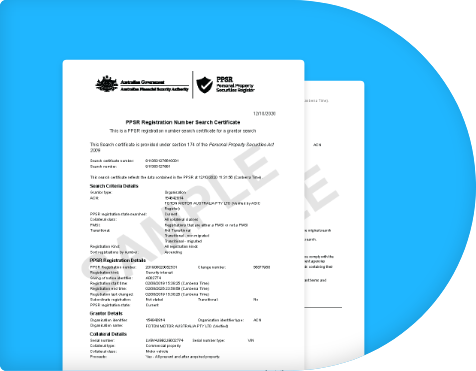Get your Vehicle / VIN Check
Vehicle / VIN Check - What is included
PPSR Certificate
Finance Check
Write-off Check
Stolen Vehicle Check
Vehicle Registration

Drive your decision with InfoTrackGO
Search
Enter in your new vehicle’s registration or VIN number and select the state where the car is registered
Checkout
Receive
Vehicle / Vin Check - Information Sources
Before you buy a second-hand motor vehicle, you should check its history by doing a check through InfoTrackGO. All you need to get started is your VIN number or Number Plate details and a credit card.
We check the VIN number or the number plate against the Personal Property Securities Register (PPSR). This check will return an official certificate which will help to confirm that the vehicle:
• Has not been reported stolen
• Has valid registration
• Has not been written off

Vehicle / Vin Check FAQ
When seeking to purchase a second-hand vehicle it’s important to check whether it has a history of being written off, being reported stolen and has valid registration details. This alerts you to potentially expensive problems that could occur after purchase. InfoTrackgo provides you with information directly from the Personal Property Securities Register (PPSR).
To conduct a vehicle search, you can enter the vehicle’s VIN or registration number into the search bar on this page and click ‘Search’. You will then be redirected to a page where you can purchase a report on the vehicle if one is available.
A Vehicle Identification Number (or VIN) is the identifying code for a specific vehicle. While a vehicle’s registration number may change, its VIN should always remain the same.
The VIN can be found on the driver’s side of the vehicle where the dashboard and windshield meet. If it’s not located there, it will be available on the driver side door, where the door latches. It’s also likely to be available on your insurance policy or vehicle title and registration.
The Personal Property Securities Register (PPSR) provides a single system where all registrations of security interests in personal property have been combined to create a comprehensive, publicly accessible database. This database has been created so it is possible to view security interests registered against specified collateral. It is available to the public and can be used by consumers, businesses and the finance industry, as well as by those who sell collateral on consignment or credit. The new PPS Register was introduced nationwide in January 2012, providing a streamlined service that is easily accessible to both businesses and consumers. The initiative behind incorporating registers into one national database is to provide fast, accurate information on registered personal property in Australia, instantly allowing the public to see whether there is security interest registered against it. The register also aims to assist in increasing the availability of finance, and to reduce possible additional costs that can be associated when making insufficiently informed decisions on purchases. Those who use the PPSR are purchasers, interested parties, or secured parties (those who have registered their interest against the personal property). To understand the functions of the PPSR fully, it is important to know the basic concepts involved.
Any form of possession, not including land. It must be possible for this “personal property” to be transferred ownership from one party or individual to another. For example, this includes tangible or physical items such as cars, boats, art, shares, livestock, but also in tangible concepts such as intellectual property or licensed rights.
A secured party is any entity that has interest in collateral. Basically, this means that the specified party has an interest in seeing that the total value of the collateral is paid in full to the provider of the collateral. These parties use the PPSR to register the value and information related to their collateral for public use, and to protect themselves against loss. The secured party could be an individual or a company.
Yes, they are the same thing!
No, vehicle searches can only be conducted using a vehicle’s VIN or registration number.
A vehicle search will provide you with a report on the vehicle in question. The report will include information regarding the car’s finance history, whether it has been written-off or stolen, as well as its current registration status. The report will also provide you with a PPSR certificate.
If a report is not available for the registration number you have entered, it is likely that the registration has expired. To determine if that vehicle’s registration is current, use your state’s registration checking service.
Vehicle reports are typically delivered instantly. If you haven’t received your report within 78 hours, please contact our support staff and they will be happy to assist.


